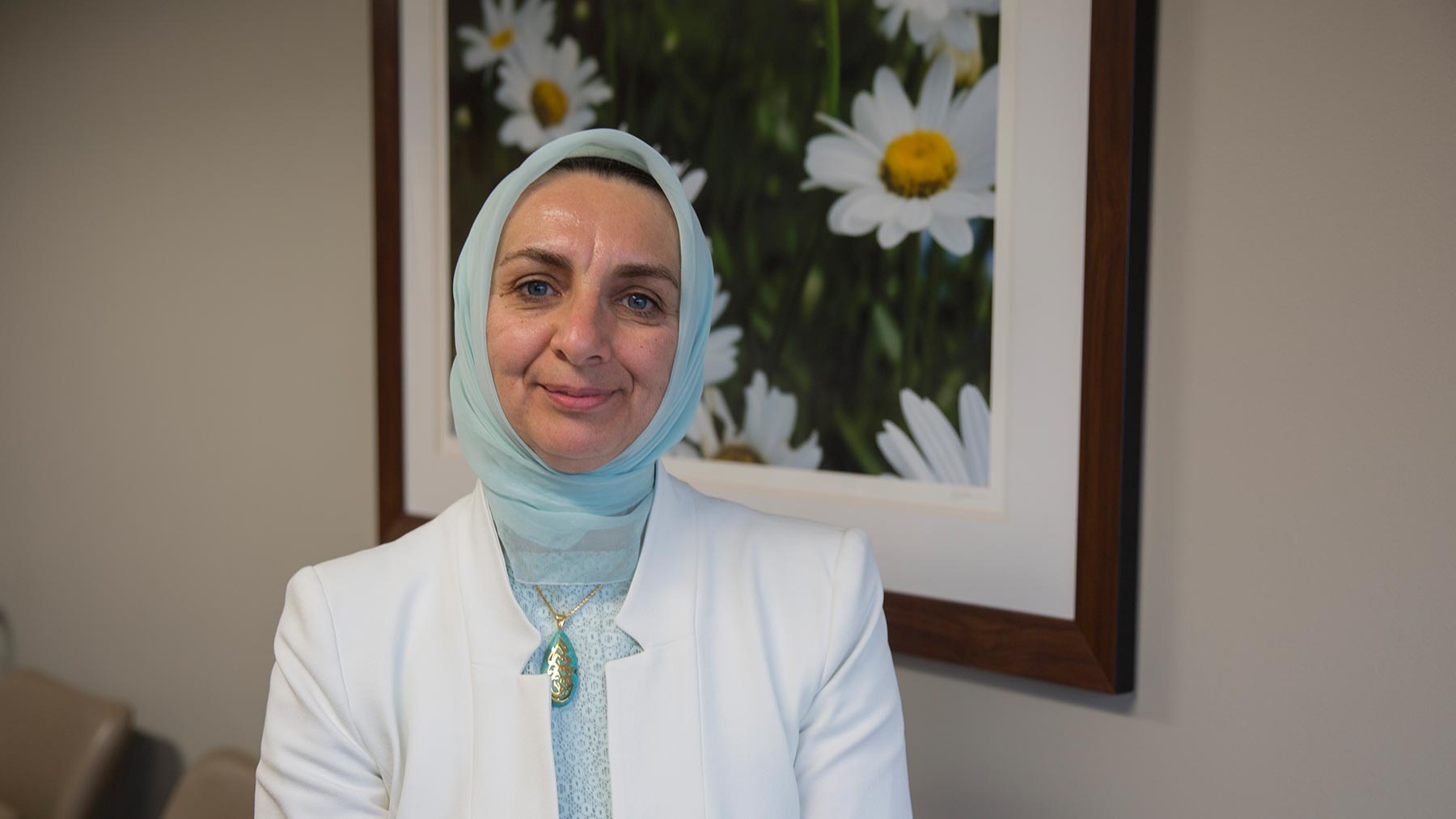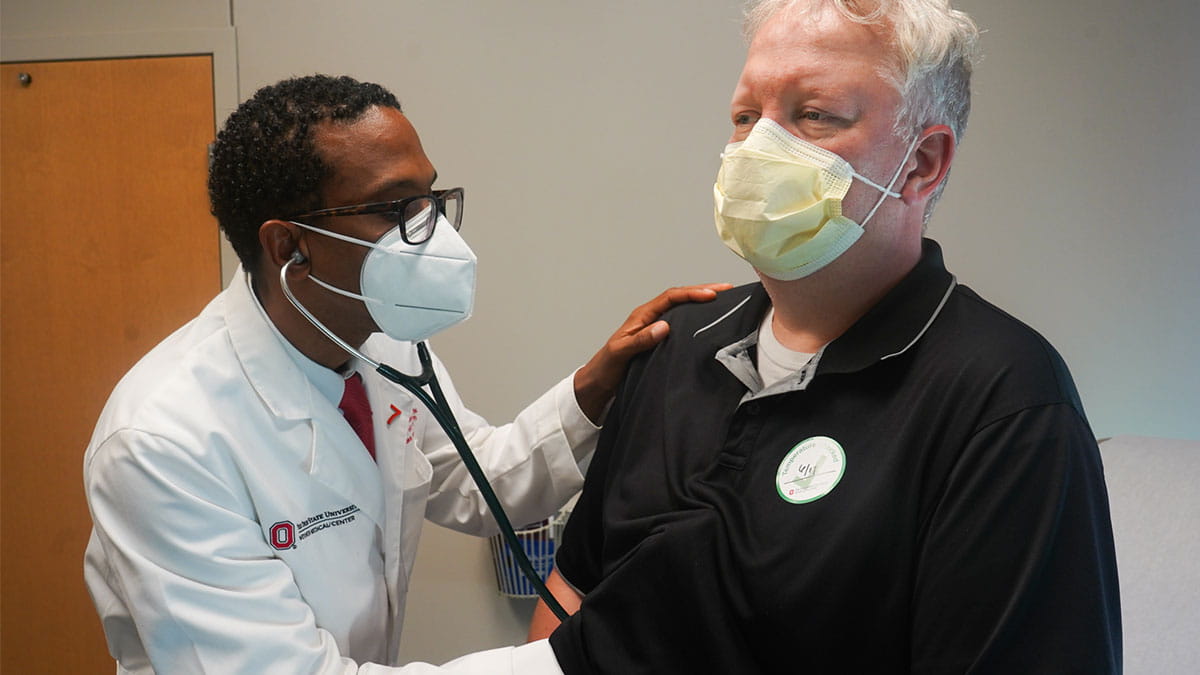How diabetics can observe Ramadan and stay healthy
 Fasting during the holy month of Ramadan is one of the five pillars of Islam -- but worshipers with diabetes could face some serious health problems. For people with diabetes, the decision to be able to fast or not can be hard and confusing.
Fasting during the holy month of Ramadan is one of the five pillars of Islam -- but worshipers with diabetes could face some serious health problems. For people with diabetes, the decision to be able to fast or not can be hard and confusing.During the month of Ramadan, a lunar month that will start on May 5 this year, every adult Muslim is supposed to fast from sunrise to sunset. The fast usually includes abstinence from both food and drink. In general, this can be accomplished without causing harm to your health.
According to the Islamic sacred book the Quran, certain groups of people are exempted from performing this practice. Those who are sick, elderly or travelling are permitted to break the fast and make up an equal number of days later in the year.
Recent studies show most diabetic Muslims fast for at least part of Ramadan – and, if they’re not careful, going without food or drink from dawn to sunset could spark serious complications. One study conducted in the United Kingdom showed that 43% of patients with Type 1 diabetes and 79% of patients with Type 2 diabetes reported fasting.
As an endocrinologist, I try to be supportive of my patients who have diabetes and will be observing Ramadan by fasting.
I’ll ask my Muslim patients if they’re planning to fast or not, and then we’ll discuss what they should look for as early warning signs of dehydration and low blood sugar. Knowing this important information could be lifesaving.
I also encourage my patients to have an action plan, and to know that medications are allowed and which ones may need dose adjustments during the fast.
How can worshipers maintain their faith and manage their health?
There are a few steps Muslim diabetics can take to ensure a healthy month during Ramadan.
Most are common sense like keep well hydrated and eat well-balanced meals when permitted to eat and drink during the night time. Keep active when possible, but also make sure to get plenty of rest and sleep to recharge for the next day.
Eat well-balanced meals for both Suhoor (early breakfast at dawn) and Iftar (the evening meal). Do not skip Suhoor. It’s important to start your day with something to eat, even if it’s just a small meal.
During these meals, eat high-protein foods and choose complex carbohydrates rather than simple carbohydrates. For example, avoid sugary food and white bread. Instead, replace those with whole grains and whole fruits with fibers and low carbs like berries. Avoid sugary drinks like soda and juices.
If you’re a diabetic, make sure you check your blood glucose levels regularly and send the readings to your physician to help guide you for any medication adjustment needed during the month of fasting.
The two big risks are getting dehydrated and having hypoglycemia, also known as low blood sugar. The subgroup of diabetics at higher risk of these complications are those with type 1 diabetes who have recurrent hypoglycemia and already have kidney disease.
Are these risks well-known?
Most people who are diabetic and planning to fast probably have been fasting most of their adult life and have seen other older family members fast. They’re aware of the hardships and have learned the practices that can keep them out of harm’s way.
But being diabetic, especially if you’re on certain medication, may alter the body’s response to lower caloric intake over several hours. Although they’re aware of the general risk, they may lack the insight of their overall health condition, kidney function and the exact mechanism of their medications.
That’s why it’s so important to talk to your doctor and create an action plan to keep you safe and healthy during this holy season.
Luma Ghalib is an endocrinologist at The Ohio State University Wexner Medical Center.




